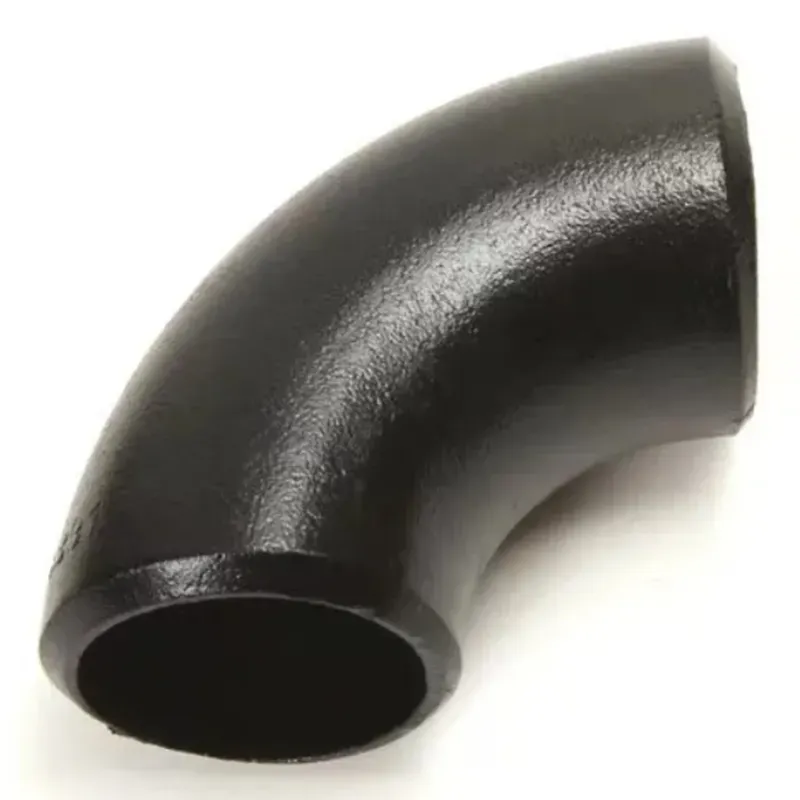-
Cangzhou Yulong Steel Co., Ltd.
-
Phone:
+86 13303177267 -
Email:
admin@ylsteelfittings.com
- English
- Arabic
- Italian
- Spanish
- Portuguese
- German
- kazakh
- Persian
- Greek
- French
- Russian
- Polish
- Thai
- Indonesian
- Vietnamese
- Zulu
- Korean
- Uzbek
- Hindi
- Serbian
- Malay
- Ukrainian
- Gujarati
- Haitian Creole
- hausa
- hawaiian
- Hebrew
- Miao
- Hungarian
- Icelandic
- igbo
- irish
- Japanese
- Javanese
- Kannada
- Khmer
- Rwandese
- Afrikaans
- Albanian
- Amharic
- Armenian
- Azerbaijani
- Basque
- Belarusian
- Bengali
- Bosnian
- Bulgarian
- Catalan
- Cebuano
- China
- China (Taiwan)
- Corsican
- Croatian
- Czech
- Danish
- Esperanto
- Estonian
- Finnish
- Frisian
- Galician
- Georgian
- Kurdish
- Kyrgyz
- Lao
- Latin
- Latvian
- Lithuanian
- Luxembourgish
- Macedonian
- Malgashi
- Malayalam
- Maltese
- Maori
- Marathi
- Mongolian
- Myanmar
- Nepali
- Norwegian
- Norwegian
- Occitan
- Pashto
- Dutch
- Punjabi
- Romanian
- Samoan
- Scottish Gaelic
- Sesotho
- Shona
- Sindhi
- Sinhala
- Slovak
- Slovenian
- Somali
- Sundanese
- Swahili
- Swedish
- Tagalog
- Tajik
- Tamil
- Tatar
- Telugu
- Turkish
- Turkmen
- Urdu
- Uighur
- Welsh
- Bantu
- Yiddish
- Yoruba

Oct . 21, 2024 16:58 Back to list
Flanges Available for Purchase at Competitive Prices and High Quality
Flange for Sale A Comprehensive Guide to Purchasing the Right Flange
Flanges play a crucial role in mechanical and piping systems, serving as connectors that allow for the easy assembly and disassembly of pipes, valves, and equipment. With an extensive market for flanges, buyers often find themselves overwhelmed by the variety available. This article aims to provide a thorough understanding of flanges, their types, and the key factors to consider when purchasing flanges for industrial applications.
Understanding Flanges
Flanges are flat pieces of metal with holes that allow them to be bolted together with other flanged components. They create a secure connection while enabling easy maintenance access. There are various types of flanges, including slip-on, weld neck, threaded, blind, and socket weld flanges, each serving distinct purposes based on their design and application.
1. Slip-On Flanges These flanges are slid over the pipe and are welded into place on the top. They are easier to align and install, making them a popular choice for low-pressure applications.
2. Weld Neck Flanges Designed for high-pressure applications, these flanges are welded to the pipe and are recognized for their strength and ability to handle stress.
3. Threaded Flanges These flanges have internal threads that allow them to be screwed directly onto the pipe. They are ideal for scenarios where welding is not feasible.
4. Blind Flanges Used to close the end of a piping system, blind flanges have no hole in the center. They are crucial for maintenance work, allowing for easy access when needed.
5. Socket Weld Flanges These are designed to fit over a pipe and are inserted into a recessed area before being welded around the top, providing added strength.
Key Considerations When Buying Flanges
flange for sale

When looking to purchase flanges, several factors should guide your decision
1. Material Selection The material of the flange is critical as it must withstand the operating conditions of your system. Common materials include carbon steel, stainless steel, and alloy steel. Choose a material that is compatible with the substances flowing through the pipes to prevent corrosion.
2. Pressure Rating Flanges are categorized by their pressure rating, which indicates the maximum pressure they can handle safely. It is essential to determine the pressure requirements of your system and select flanges accordingly. This rating is typically specified according to ANSI/ASME standards.
3. Size and Dimensions Flanges come in various sizes, and it’s important to choose the correct size to fit the pipes in your system. Accurate measurements of the pipe diameter and the required flange dimensions should be taken prior to purchase.
4. Standards and Certifications Ensure that the flanges comply with industry standards such as ANSI, ASTM, or ASME. This compliance assures product quality and reliability, which is particularly crucial in critical applications.
5. Supplier Reputation Select a reputable supplier who offers quality products and good customer service. Reviews and testimonials can provide insights into the reliability of a supplier.
Where to Buy Flanges
Flanges can be sourced from various places, including local hardware stores, industrial suppliers, and online marketplaces. When purchasing online, ensure that the supplier provides detailed specifications and certificates for their products. This verification is crucial to ensure you receive high-quality components that meet your requirements.
Conclusion
Flanges are an integral component of piping systems, and choosing the right ones enhances the safety and efficiency of any mechanical setup. Understanding the various types, materials, and specifications will empower buyers to make informed decisions. When you're in the market for flanges for sale, prioritize quality, adherence to standards, and the reputation of your supplier. With the right flanges, you can ensure the longevity and reliability of your piping system. So, whether you're a seasoned professional or a DIY enthusiast, take the time to assess your flange needs carefully, and you'll be well on your way to a successful purchase.
Latest news
-
ANSI 150P SS304 SO FLANGE
NewsFeb.14,2025
-
ASTM A333GR6 STEEL PIPE
NewsJan.20,2025
-
ANSI B16.5 WELDING NECK FLANGE
NewsJan.15,2026
-
ANSI B16.5 SLIP-ON FLANGE
NewsApr.19,2024
-
SABS 1123 FLANGE
NewsJan.15,2025
-
DIN86044 PLATE FLANGE
NewsApr.19,2024
-
DIN2527 BLIND FLANGE
NewsApr.12,2024
-
JIS B2311 Butt-Welding Fittings LR/SR 45°/90° /180°Seamless/Weld
NewsApr.23,2024











